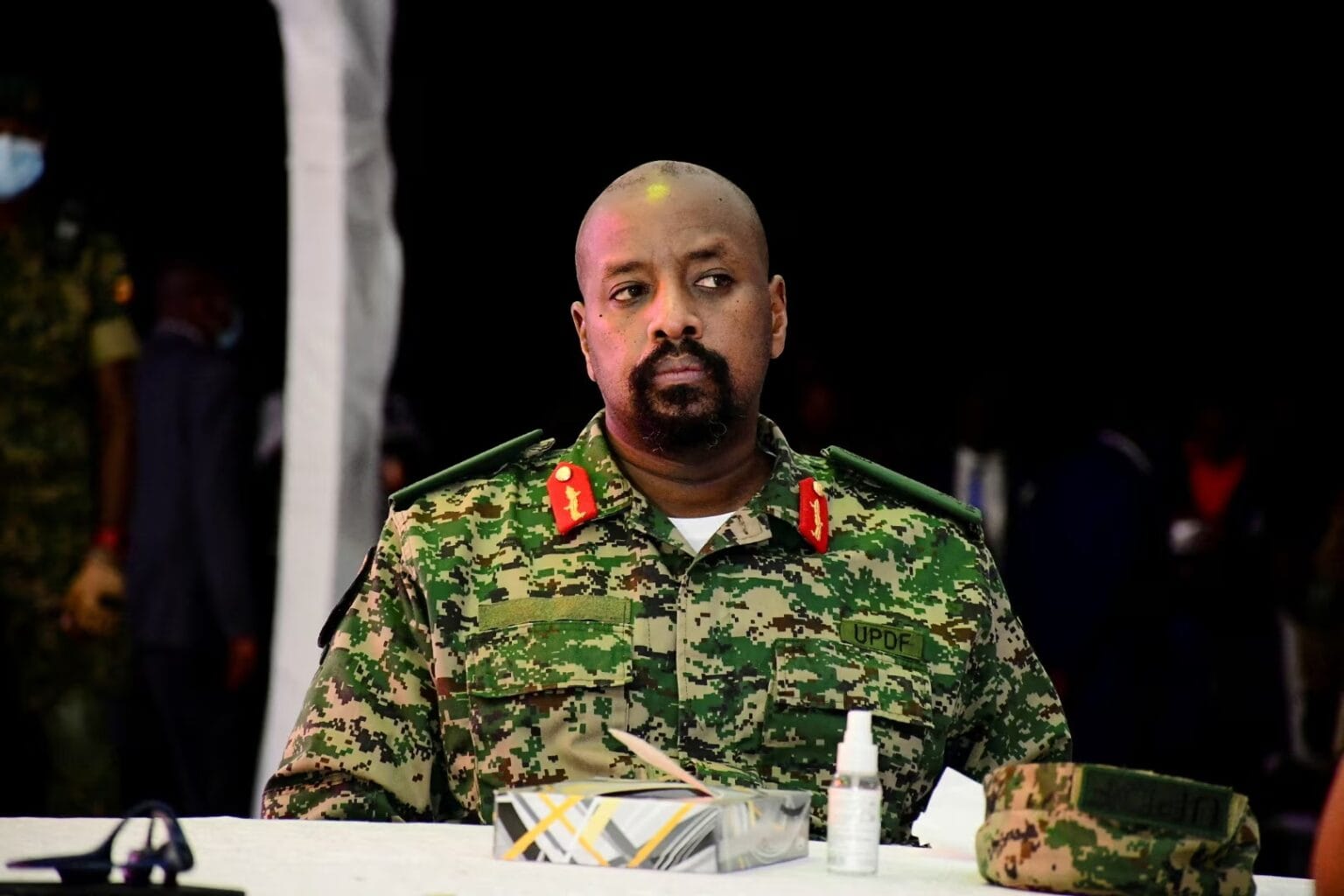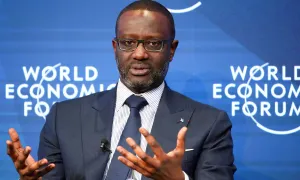Social media in Uganda has evolved into a highly contested arena for political engagement, with X (formerly Twitter) emerging as the key platform for discourse after Facebook was blocked in 2021. This shift has redefined how power, resistance, and public accountability play out in Uganda’s digital space.
A Shift to Satire and Civic Protest
With Facebook’s absence, X has become the frontline of political expression, enabling activists to turn satire into a tool of dissent. Viral campaigns such as #KampalaPotholeExhibition have exposed infrastructure failures, prompting swift—if performative—government responses. Following one such campaign, President Yoweri Museveni ordered an emergency release of UGX 6 billion (approx. £1.2 million) for road repairs.
This new digital activism is personified by users like Jimmy Spire Ssentongo, an academic and satirist who mobilizes public opinion through online exhibitions spotlighting neglected public services. His digital interventions have expanded into critiques of Uganda’s healthcare and security sectors, reaching millions and reinforcing calls for improved governance.
The Militarisation of the Digital Arena
While the opposition harnesses social media for accountability, the regime has also adapted. General Muhoozi Kainerugaba, head of the Ugandan armed forces and son of the president, has cultivated a loyal following on X. His eclectic, often cryptic tweets, which range from geopolitical musings to personal ambitions, routinely dominate national discourse, displacing more structured political narratives.

General Muhoozi’s social media presence has become a key node in Uganda’s hybrid regime strategy: blurring official communications with performative populism. His posts frequently spark parliamentary debates and media coverage, giving him disproportionate influence without formal political office.
Strategic Chaos and Narrative Control
What may appear as erratic digital behaviour is, in fact, an effective strategy of narrative control. By flooding timelines with unpredictable commentary, the general distracts from policy shortcomings and reframes national conversations. This mirrors the playbook used by other populist figures globally, where emotional resonance outpaces rational argument in shaping public allegiance.
His storytelling style — peppered with historical references and cultural symbols like the legendary Bachwezi dynasty—signals a deeper tactic: using mythos to bolster legitimacy. In Uganda’s fragile political landscape, this blend of digital charisma and cultural allusion enhances his political currency.
A Contested but Resilient Public Sphere
Despite state pressure and internet restrictions, Uganda’s digital public has proven resilient. Spaces like Agora Discourse and forums hosted by high-profile journalists offer platforms for civic debate and grassroots mobilisation. The closure of Facebook has arguably intensified citizen engagement on X, fostering a more focused—if fragmented—political community.
The broader lesson from Uganda is clear: when formal civic space is constrained, digital platforms become the battleground for legitimacy. Yet, in this evolving media ecosystem, both activists and state actors are recalibrating how power is communicated and contested.




